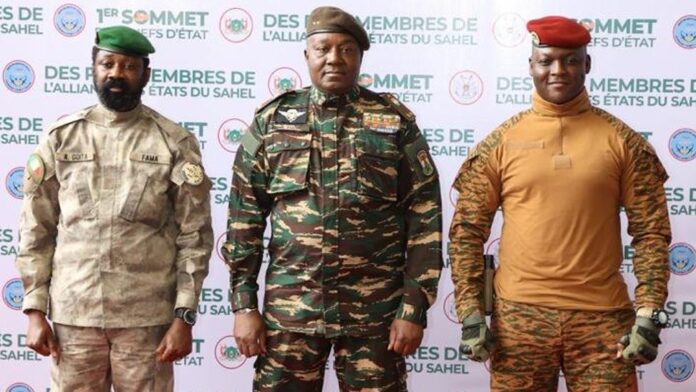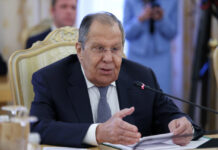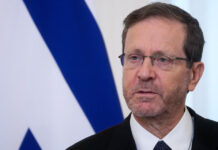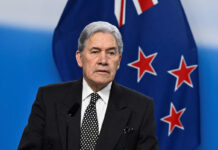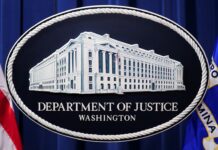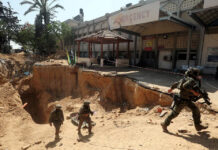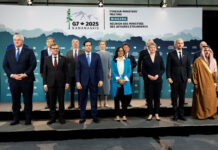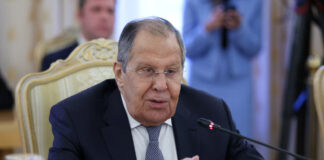The military-led governments of Mali, Niger and Burkina Faso have unveiled plans to create a new regional investment bank funded by national tax revenues, in a move aimed at reducing reliance on foreign aid and asserting greater control over their development agendas.
According to Serge Balima, an adviser to Burkina Faso’s junta leader Ibrahim Traoré, each country will contribute roughly 5% of its annual tax revenues toward capitalising the institution.
“We’ll pool resources from a set of taxes imposed in each state,” Balima told Bloomberg. “Together, these funds will form the capital needed to create the bank, which will then be used to finance development projects.”
The initiative represents the latest coordinated economic policy under the Alliance of Sahel States (AES), the political and security bloc formed earlier this year after the trio collectively withdrew from the Economic Community of West African States (ECOWAS).
It also reflects a growing shift toward resource nationalism and regional self-reliance. The three nations have already taken steps to jointly develop mining, infrastructure, and energy ventures and have begun revising natural resource laws to increase state participation in extractive industries.
In some cases, the governments have moved to nationalise mining operations deemed underperforming or non-compliant with new regulatory standards.
From ECOWAS Exit to Strategic Realignment
The creation of the investment bank is the latest signal that the AES is intent on consolidating its economic and political independence from both regional blocs and traditional Western allies.
The departure from ECOWAS in early 2025 followed months of tensions, fuelled by what the three military regimes described as insufficient support in the fight against Islamist insurgencies that have ravaged large parts of the Sahel.
Disillusioned with the historical presence of France and the United States—both militarily and economically—Mali, Niger and Burkina Faso have since severed or scaled back ties with their former partners. In their place, they have courted new alliances with non-Western powers including Russia, Iran and Turkey.
This realignment is being watched closely by Western diplomats and multilateral institutions, particularly as it coincides with a broader global scramble for access to Africa’s strategic minerals, including gold, uranium and lithium.
Analysts say the proposed bank could provide a critical financing vehicle for domestic infrastructure, agriculture and industrialisation, if implemented effectively. But questions remain about governance, transparency and the long-term sustainability of the model—especially in nations grappling with ongoing security crises and economic sanctions.
Still, the symbolic significance is hard to ignore. For regimes that have framed their rule as a rejection of neocolonial influence and elite-driven politics, the creation of a self-financed regional institution marks an important step in consolidating their vision of sovereignty.









